If you’re curious about the calorie content of an egg and how to safely prepare dishes with eggs, then check out the following article!
1 How Many Calories Are in an Egg?
 Calorie content depends on the size of the egg
Calorie content depends on the size of the egg
According to the United States Department of Agriculture (USDA), an egg weighing 50g contains approximately 72 calories. The calorie count varies with the weight of the egg as follows:
- Jumbo egg (63g): 90 calories
- Extra-large egg (56g): 80 calories
- Large egg (50g): 72 calories
- Medium egg (44g): 63 calories
- Small egg (38g): 54 calories
Note: These calorie counts refer to a raw egg. If you cook the egg by frying, boiling, or preparing it with bacon, for example, the calorie content will change, usually increasing. For instance, a boiled egg contains approximately 78 calories, while a fried egg with cheese typically ranges from 95 to 120 calories.
There is a significant difference in the calorie content of egg whites and yolks. A large egg yolk contains about 55 calories, while the egg white has only about 17 calories.
2 Nutritional Composition of Eggs
 Egg whites and yolks have different calorie contents
Egg whites and yolks have different calorie contents
The calorie content of egg whites differs from that of yolks. While the yolk contains about 55 calories, the white has only about 17 calories. However, eggs also provide a variety of other nutrients.
Protein
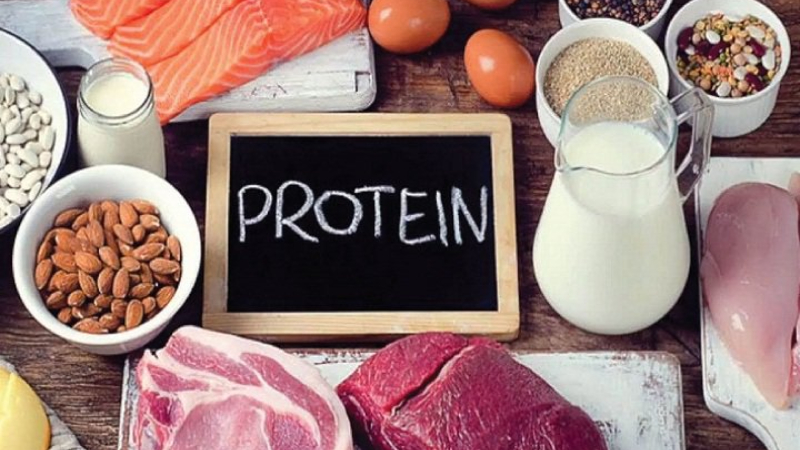 Eggs contain protein
Eggs contain protein
Protein is one of the essential nutrients for the human body. It also plays a role in the production of hormones, enzymes, and antibodies.
A large egg provides 6.28g of protein, with the egg white contributing 3.6g. The recommended daily intake is 0.8g of protein per kilogram of body weight.
Fat
 Fat is mainly found in the egg yolk
Fat is mainly found in the egg yolk
Nearly half of the calories in an egg come from fat. The fat is concentrated in the yolk. A large egg typically contains less than 5g of fat, including about 1.6g of saturated fat.
Egg yolks contain healthy fatty acids, which can reduce inflammation in the body and lower the risk of chronic diseases such as heart disease, cancer, and arthritis.
Cholesterol
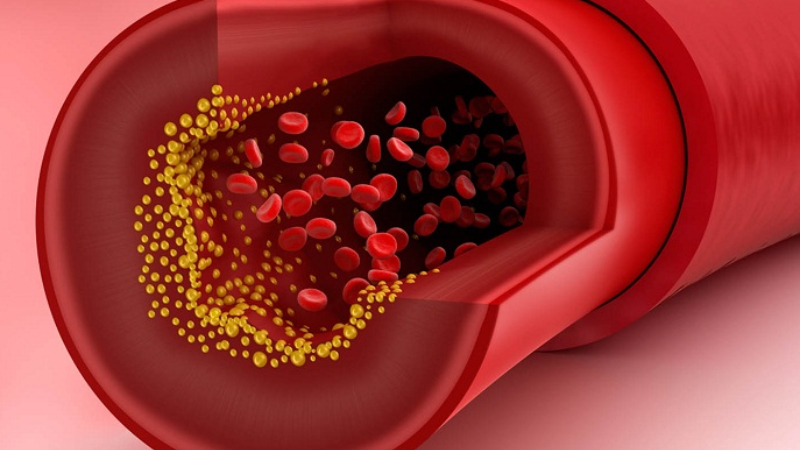 Not all cholesterol is bad
Not all cholesterol is bad
A large egg typically contains 186mg of cholesterol. However, not all cholesterol is harmful, as it serves several important functions in the body.
Generally, a person can consume 1-2 eggs per day without any issues.
If you have diabetes or high cholesterol, it is recommended to limit your intake to 4-6 eggs per week.
For optimal health, it is advisable to avoid foods high in saturated fat, cholesterol, or trans fat.
Carbohydrates
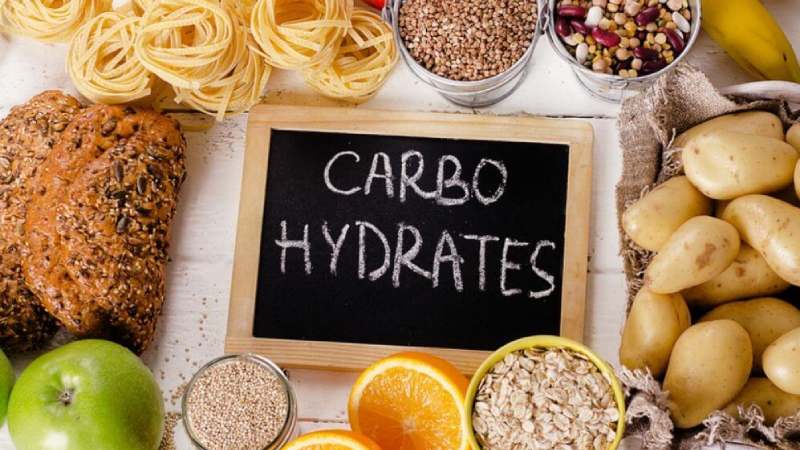 Eggs contain very few carbohydrates
Eggs contain very few carbohydrates
A large egg contains a negligible amount of carbohydrates, only about 0.36g.
Vitamins
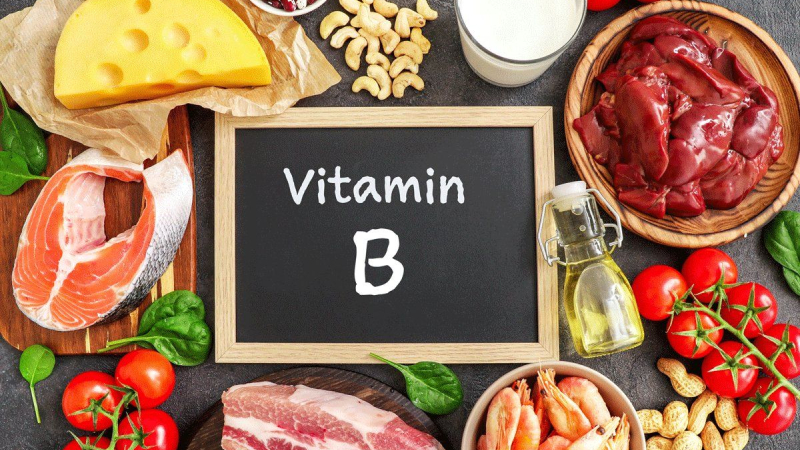 Eggs provide a range of vitamins
Eggs provide a range of vitamins
Eggs are an excellent source of vitamins, particularly riboflavin (B2) and cobalamin (B12).
Vitamin B12 is essential for DNA synthesis, maintaining a healthy circulatory system, and preventing anemia.
Eggs also provide vitamins A, D, E, and K, as well as folate and biotin. The yolk is the primary source of these vitamins, except for riboflavin, which is found in the white.
Minerals
 Eggs provide a range of essential minerals
Eggs provide a range of essential minerals
Eggs are a rich source of essential minerals such as selenium, phosphorus, calcium, and iron. Selenium is particularly noteworthy as it helps protect the body from free radical damage, heart disease, and certain types of cancer.
3 Are Eggs Good for You?
While eggs are nutrient-dense, they contain a significant amount of cholesterol (around 200mg) and saturated fat. The recommended daily cholesterol intake is less than 300mg.
It is advisable to limit your intake to no more than 2 egg yolks per day and no more than 3 yolks per week. However, you can consume egg whites freely, as they are beneficial for muscle development.
For individuals with high blood pressure or coronary artery atherosclerosis, it is best to limit egg consumption, especially the yolks. When eating eggs, it is recommended to pair them with vegetables and fruits to ensure adequate vitamin intake.
According to nutritionists, boiled eggs are the best option as they preserve vitamins such as protein, lipids, and minerals.
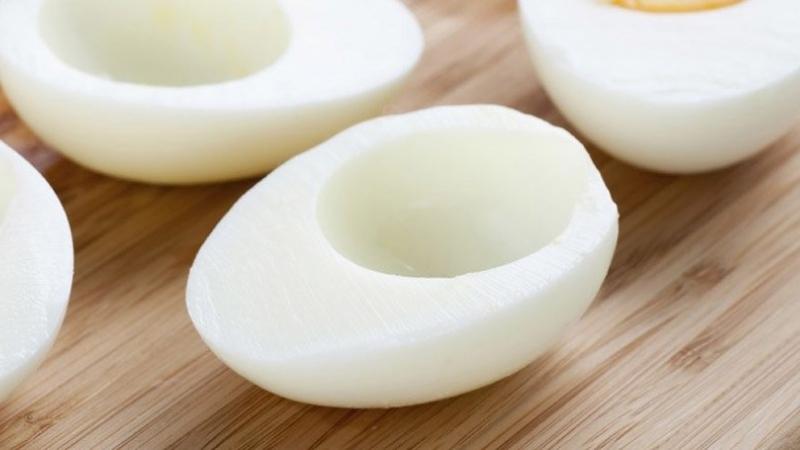 Feel free to enjoy egg whites, as they are good for your health
Feel free to enjoy egg whites, as they are good for your health
4 Additional Considerations When Eating Eggs
 Avoid combining eggs with incompatible foods
Avoid combining eggs with incompatible foods
- Eggs paired with tannic acid, found in tea, can cause indigestion. Therefore, it is best to avoid drinking tea when eating eggs.
- To prevent stomach irritation, avoid taking anti-inflammatory medications after eating eggs.
- Do not eat eggs with soy products as this can hinder nutrient absorption.
- Avoid eating eggs that have been left out or stored overnight.
- Refrain from combining eggs with incompatible foods such as rabbit meat, hawthorn, and pig brains.
- Do not fry eggs with garlic.
5 How to Eat Eggs Safely
 Nausea and vomiting are symptoms of an allergic reaction
Nausea and vomiting are symptoms of an allergic reaction
Eggs are among the top eight foods that commonly cause allergies. The following are some of the most common symptoms of an egg allergy:
- Nasal congestion
- Coughing or chest tightness
- Nausea, vomiting, and abdominal cramps
- Anaphylaxis
- Hives around the mouth or face
Consuming raw eggs carries a risk of Salmonella infection, which can cause fever, abdominal cramps, and dehydration. For individuals with weakened immune systems, such as infants, the elderly, and pregnant women, more severe complications may arise.
To prevent Salmonella infection, it is crucial to refrigerate eggs immediately after purchase and ensure that they are thoroughly cooked to a minimum temperature of 160 degrees F before consumption. If you wish to eat raw eggs, opt for pasteurized eggs instead.
6 Tips for Eating Eggs to Lose Weight
 Combine eggs with vegetables and fruits
Combine eggs with vegetables and fruits
Eggs are versatile, tasty, and won’t make you gain weight if consumed in moderation. Eating eggs the right way can help you lose weight without imposing strict dietary restrictions. Here are some tips for incorporating eggs into your weight loss journey:
Opt for boiled eggs to preserve nutrients while keeping the calorie count low.
Avoid high-calorie egg dishes such as those fried in oil or prepared with cheese.
Eat boiled eggs in the morning to stay fuller for longer, reducing hunger pangs and overall food intake throughout the day.
Stay hydrated by drinking plenty of water, approximately 1.5-2 liters per day.
Pair eggs with vegetables and fruits to boost weight loss, add variety to your diet, and ensure adequate nutrient intake.
Avoid eating too many eggs in a day. Limit your intake to a maximum of 2 eggs per day and no more than 3 days per week. Excessive egg consumption can lead to digestive issues such as bloating and indigestion.
7 Frequently Asked Questions About Eggs
What are the benefits of eating raw eggs?
Consuming raw eggs offers various health benefits, including brain health, cancer prevention, stronger bones, improved vision, reduced anxiety, and weight loss. You can eat them directly or add them to dishes like noodles or stir-fries, but avoid overdoing it to prevent food poisoning and maximize nutrient absorption.
 Eating raw eggs offers several health benefits
Eating raw eggs offers several health benefits
Will eating eggs make me fat?
Eggs are rich in protein and various other nutrients, making you feel fuller faster. Additionally, protein-rich foods help curb cravings and reduce overall food intake. A large egg contains approximately 78 calories, and you can consume 3 eggs (around 240 calories) with vegetables to effectively lose weight.






































